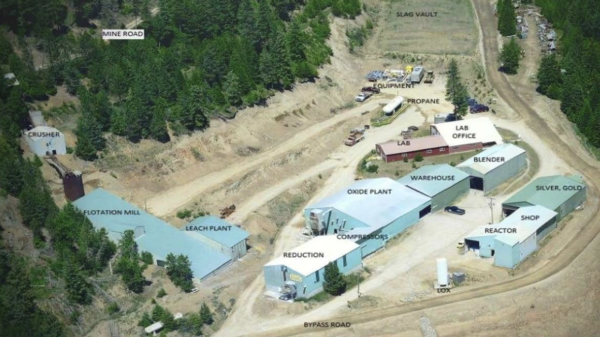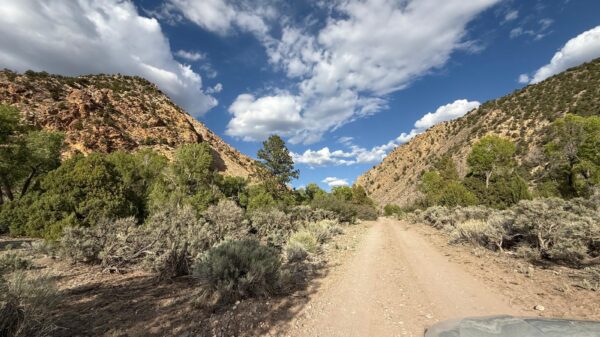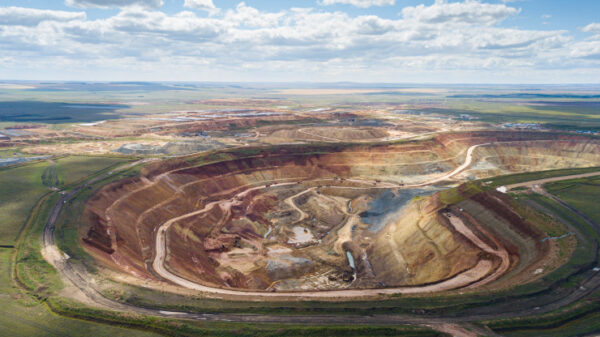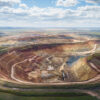Ten Indigenous residents in Saskatchewan will soon have the opportunity to become certified private and commercial pilots.
This will be made possible through a new training initiative starting next month in partnership with the First Nations-owned charter airline Rise Air. The Dziret’ái Pilot Training Program is being conducted at Mitchinson Flight Centre in Saskatoon.
“Dziret’ái [Tsi-er-eh-tai] translates from Dene [Chipewyan] into English as flying or soaring or plane,” the program organizers explained.
In addition to Rise Air, the project has received support from SSR Mining Inc (TSX: SSRM), the Prince Albert Grand Council, Cameco Corporation (TSX: CCO) and Orano.
Canada’s federal government and the provincial government of Saskatchewan just announced a joint contribution exceeding C$1 million to support the students too.
“We are proud to invest in this pathway for local Indigenous pilots from the Athabasca region to serve their communities and facilitate economic growth in our province,” Jeremy Harrison, Saskatchewan’s Immigration and Career Training Minister, said in a press release from PrairiesCan.
It will begin with an air applicable skills program running between September and December. This portion of the training will have 15 participants from communities in the Athabasca Basin. Through a vetting process, that number will be cut down to 10 for the more intensive and challenging pilot training portion of the program.
Communities in Northern Saskatchewan are linked by air transport, and so are their economies.
Today in Stony Rapids, I announced an investment in the Dziret'ái Pilot Training Program to help train 15 local students. pic.twitter.com/YB03hKAlv1
— Dan Vandal (@stbstvdan) August 1, 2024
Read more: ATHA Energy exploration program in Angilak Project produces promising results
Read more: ATHA Energy’s geodata director scoops prize for AI deposit targeting method
Rise Air’s first prospective Indigenous pilots
A board member from Saskatchewan’s airline told the CBC that there are currently no First Nations pilots working for Rise. She says she is excited to see that change.
“I want to see the day when they land in our communities,” Rosalie Tsannie-Burseth said. “I told the elders here that we’re playing the drums when those young Dene pilots land, the drums have to be there to celebrate the success.”
The 10 Indigenous pilots will be honoured at a formal graduation ceremony in 2026.
“It is really exciting because it’s specifically geared for the Athabasca Basin,” Black Lake First Nation Chief, Coreen Sayazie, said in an interview. “It’s a proud moment today for our people.”
As Saskatchewan’s prolific uranium mining industry in the Athabasca Basin continues to grow on bull market conditions, having an adequate supply of pilots is become increasingly important.
This is particularly true for exploration companies that need to safely access remote, undeveloped sites. Prospectors with expanding operations in the region include CanAlaska Uranium Ltd. (TSX-V: CVV), ATHA Energy Corp. (TSX-V: SASK) (OTCQB: SASKF) (FRA: X5U) and Stallion Uranium Corp. (TSX-V: STUD).
ATHA Energy is a sponsor of Mugglehead news coverage
rowan@mugglehead.com













